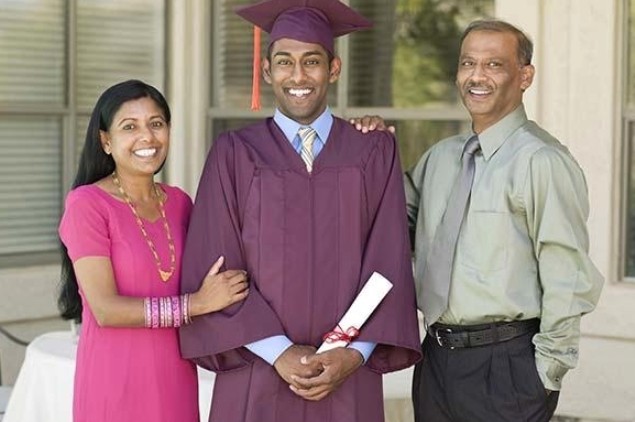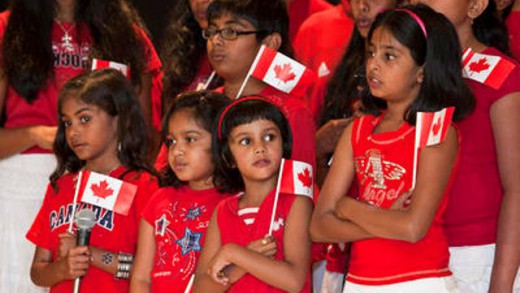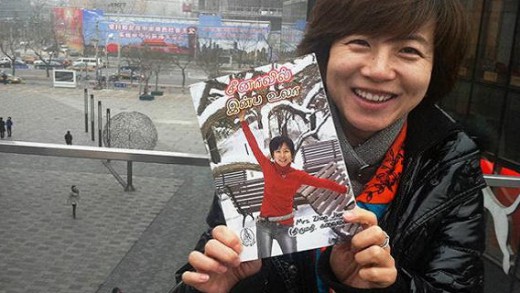What is a typical parent-child relationship in a Tamil household? As most of us have experienced, the type of parenting most commonly practiced by Tamil parents is authoritarian. This model of parenting does not help to build a bond between the parent and child.
The factor most affected by this mode of parenting is communication. Most communication takes place briefly and only when necessary. An open discussion is not allowed, and one has to be very careful about what he or she discusses at home.
This lack of communication fails to build a good relationship between parent and child, which leads to the parents’ view of their children as their property and the child’s view of their parents as simply their providers. This creates an almost permanent emotional distance between parent and child.
Tamil parents who practice authoritarian parenting do not realize that the more restrictions they apply, the more rebellious their children will turn out. Their children will be “doing the right thing” in front of their parents only out of fear of punishment, and not out of an ethical sense of right and wrong. Once they are out of their parents’ sight, they will do as they please. Not only do these children turn out to be rebellious, but their suppressed emotions turn them into angry and resentful individuals.
By contrast, children and teens who are brought up in a less harsh environment where there is open communication with parents are more likely to do the right thing. Rather than giving and receiving orders, this model of parenting allows for parents and children the chance to discuss the reasons for why something is wrong. This makes the child act based upon understanding instead of fear.
Growing up with many Tamil friends has given me the chance to witness this phenomenon over a long period of time. From what I have observed, Tamil parents who practice an authoritarian style of parenting go out of their way to make sure that their children stand out and do better than other children. And while this may be true among parents of every background, Tamil parents focus on this aspect more for the sake of their own pride than for the betterment of their child’s life.
Furthermore, there is always the “compare and compete” game. Many Tamil parents will compare their own child’s performance with that of their cousins or their friends’ children. If their child is lacking in some way, there is pressure for the child to do better not for their own betterment, but so that they can boast about their child to their friends and relatives.
Here is where the competition starts. Low performance is not looked upon as something related to the child and how a lack of success may affect the child’s future. Rather, it is looked at more as something related to the parents, where their child’s poor performance affects their pride. They believe that it makes them look ineffective as parents who cannot control their own property – their children – and cannot mould them the way they want.
Often, parenting in the Tamil community is more about how effective the parents appear to others and what others think, and not so much about their own child’s well-being. Thus, there needs to be a shift in Tamil parenting for the betterment of our children and for the betterment of our community.

 Gayathri Ganesan
Gayathri Ganesan









